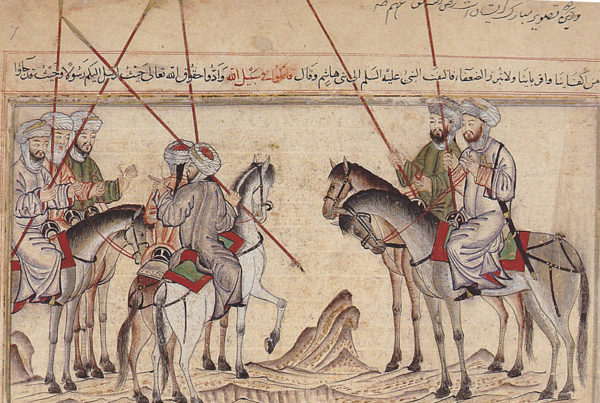“Weakness of attitude becomes weakness of character.”
— Albert Einstein, Letter to William Frauenglass, 1953
A bibliophile who finds him or herself in Conrad Black’s home is in a great deal of risk of committing the sin of envy at the sight of his library. A true bibliophile will notice that the many works, particularly of history, are studded with post-it notes and bookmarks. This great collection of multi-volume histories and first editions are not the adornments of the home of a wealthy man, but of a man who is deeply committed to the study of history.
Black himself has a history, which leaves him exposed to many detractors who may be inclined to sneer at the man and his accomplishments. If so, that is their loss and such detractors may indeed be more ignorant than they could possibly know, for Black has written some fine histories over the years and his biographies of Maurice Duplessis, Franklin Delano Roosevelt, and Richard Nixon are all provocative and professional.
Spotting Black’s recent book on the history of the United States, one could be tempted to browse in it and look for references or comments pertaining to Conrad Black’s own recent legal problems with the United States. There is indeed a pungent reference to a “rogue prosecutocracy”, but the whole sentence demanded reading the whole paragraph, which resulted in reading the whole page… and so on until another sale of a fascinating history was made.
Flight of the Eagle concerns the whole history of the Republic from the point of view of a strategist and the strategic concerns of the American people. There have been plenty of histories of the Americans and their nation, but not with this particular object in mind. The strategist should be not so much concerned with the minutiae of how power is generated, sustained, and used – important as all these are – but rather with the broader question of ‘what is all this for?’ For an entire society, he is asking those most fundamental questions about the core of American being.
This is a history by somebody who loved the United States but who, like many of us, has become deeply concerned about what it is becoming and where it might go. To answer that question, Black decided to go back to the dawn of an American consciousness in 1754 and to take things from there.
The idea of American exceptionalism is a deeply entrenched one now, particularly after the accomplishments of the twentieth century. The conventional narratives of American history written in and since the 1920s have tended to embrace the notion. While it is true –as Black repeatedly points out – the Americans have been often blessed with good leadership, those first leaders played the established international order to hold America apart and outside of that order, and to create conditions of growth for themselves. That led to a recurrent self-absorption that seems to be America’s greatest handicap, but eventually gave them an energy and an influence that let them stabilize the world and change it – mostly – for the better.
It is the last chapter, which makes for the most depressing reading largely because Black seems so unerringly accurate in his judgements about recent American leaders but also about many American institutions: “American democracy is corroded, is based on the agitation of self-serving interests, and its permanent election campaign. Presidential election campaigns now require $1 billion or more from each side. The quality of national candidates and congressional leaders has declined precipitously.” [1] It is hard to argue with that assessment.
Black also describes American exceptionalism as partially fraudulent (not least for the long mistreatment of the Blacks), and points out that various Europeans have always enjoyed a high standard of rights and freedoms too.
However, Black does not entirely give up on the United States: “And though it is vulgar, banal, slovenly, and complacent, and most of its leadership cadres have failed it, it is neither lazy nor driven by a death wish.” [2] The solution to American problems can be found in the American people themselves and while they have had decades of terrible leadership, the great ones have emerged time and time again when they were most needed. America might not be exceptional but it still is mighty and may yet again be a mighty force for good.
As a last note, there have been comedians and critics who have taken a swing at Black in the past and alleged there was a seeming penchant towards polysyllabic verbosity. It is true that some of his works have made for hazardous bedtime reading. This book however, is in a leaner and more ‘accessible’ academic style, which is a pleasure to digest. His arguments are plain, yet well constructed and well illustrated, and this makes them harder to refute. Overall, this is a superb book.








